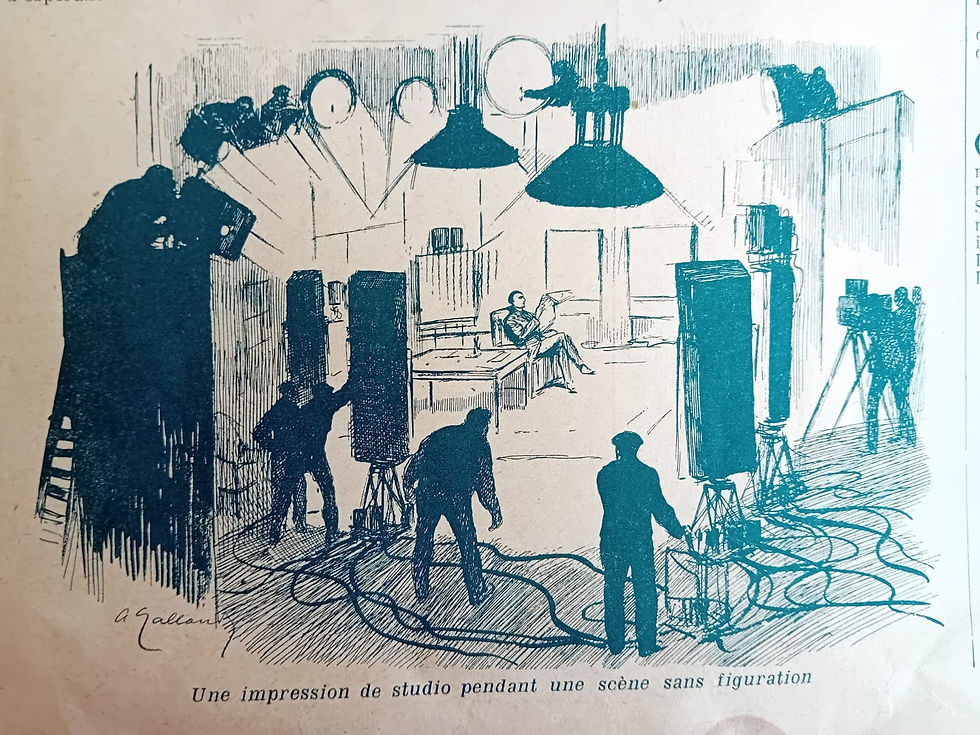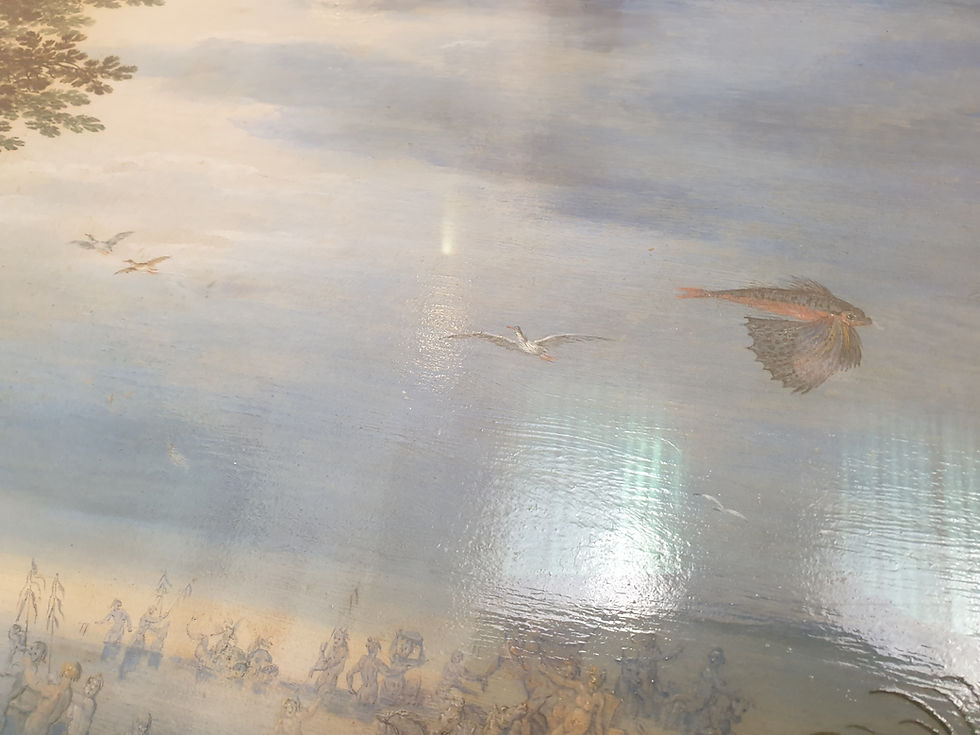Cinema critique essay series“IMAGINARY RETROSPECTIVE: DOCUMENTARY WONDERS”ABDUCTION
- Marina Drozdova

- Sep 21, 2022
- 2 min read
Once upon a time, the Berlinale film festival’s “Panorama Document” opened with the super-intriguing British documentary thriller, “The Lovers and the Despot” written and directed by Robert Cannan and Ross Adam. The film is about the 1978 abduction of South Korean actress, Choi Eun-hee, and film director, Shin Sang-ok. The dictator and movie-fan, Kim John-il, kidnapped them to coerce them to develop North Korea’s film industry.
They were the “golden” national cinema couple of South Korea. The son of North Korea’s leader at the time — later the “Supreme Leader” himself — loved cinema so much that he ordered their kidnapping for his whims. For a while, the two filmmakers worked in the regime’s confinement. Audio-tapes with fragments of their negotiations with Kim John-il have survived, forming the basis of this amazing docudrama.
The film reveals the totalitarian backstage: the sweetness of permissiveness, spatters of fantasies of Party apparatchiks, coldblooded slyness — and the film’s charm stems from the fact that all of this is precisely recorded.
We see chronicles of life in North and South Korea, fragments of Korean films from the 1950-70s (absolutely unknown to most audiences), episodes of reconstruction, photographs of personages from various timeframes. An interview with the protagonist, actress Choi Eun-hee, forms the foundation of the story.
The most fascinating part of the film narrates how the kidnapped film director moves from the Party palace (where he was kept in marble dungeons) to the set. He agrees to work for the DPRK government funding. He doesn’t seem to lack enthusiasm — the budgets are astronomical. And film directors tend to fall for budgets.
Interviews with the children of the couple (who had been married then estranged before their abduction) immerse the viewers in pre-confinement everyday lives of the movie stars shaped by intrigue upon intrigue.
The newsreel also shows how the captive filmmakers slip through one looking-glass into another — from the DPRK to the Moscow Film Festival of the early 1980s. And they are welcomed on stage as if nothing had happened.
They finally escape to freedom in Vienna — having implored the Leader to allow them to conduct some ostensibly necessary filming in Europe; and he bought it.
The film understandably leaves many questions unanswered. To wit, after the footage of the dictator’s funeral, a voice-over reports that the secret police monitored the people’s manifestations of grief — and more than three thousand individuals (!) were arrested during the days of mourning. They were accused of emotional fraud — of false tears. Meanwhile, DPRK’s state information agency reported on a family of bears that had awoken from hibernation in order to express their sorrow on the passing of the Dear Leader. What is normal?...




Comments